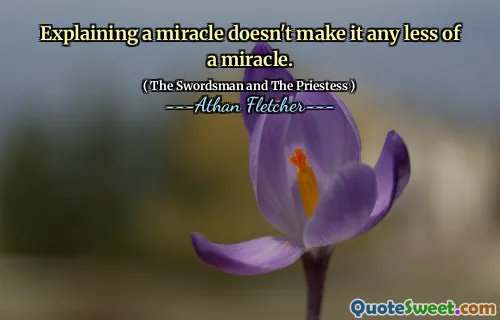The text discusses the variations in bee behavior and biology across different species, focusing on their adaptations to varying environments, which can affect their foraging and nesting habits. It highlights how social and solitary bees have developed unique characteristics and strategies that allow them to thrive in specific ecological niches. For instance, some species have evolved to tolerate harsher climates, while others depend on specific types of flowers for food. Research into bee diversity is crucial for understanding their roles in ecosystems, especially as many bee populations face threats from climate change, habitat destruction, and pesticides. Efforts to support bee conservation include enhancing habitat areas and promoting sustainable agricultural practices that protect these important pollinators for food production. In conclusion, recognizing the importance of bee species and their complex behaviors is vital for environmental sustainability. Increased awareness and tailored conservation efforts can help ensure that these pollinators continue to support ecosystems and food systems worldwide.
Athan Fletcher is a knowledgeable author who focuses on topics related to ecology and environmental conservation. His works often explore the intricate relationships between species and their habitats, emphasizing the need for sustainable practices.
Through his research and writing, Fletcher aims to raise awareness about the critical roles that various organisms, particularly bees, play in maintaining healthy ecosystems. His passion for the environment drives his commitment to advocating for biodiversity and conservation.
Fletcher's contributions to the field are significant, as he encourages readers to appreciate the delicate balance of nature and the necessity of protecting it for future generations.
More »
Today Birthdays
1729 -
Edmund Burke
1949 -
Haruki Murakami
1954 -
Howard Stern
1876 -
Jack London
1993 -
Zayn Malik
1951 -
Kirstie Alley
1863 -
Swami Vivekananda
1923 -
Alice Miller
1987 -
Naya Rivera
1825 -
Brooke Foss Westcott
1944 -
Joe Frazier
1951 -
Rush Limbaugh
1964 -
Jeff Bezos
1978 -
Jeremy Camp
1628 -
Charles Perrault
1856 -
John Singer Sargent
1970 -
Kaja Foglio
1953 -
Rick Santelli
1986 -
Gemma Arterton
1968 -
Raf Simons
1958 -
Christiane Amanpour
1966 -
Olivier Martinez
1996 -
Ella Henderson
1917 -
Maharishi Mahesh Yogi
1949 -
Ottmar Hitzfeld
1928 -
Ruth Brown
1968 -
Heather Mills
1946 -
George Duke
1968 -
Rachael Harris
1923 -
Ira Hayes
